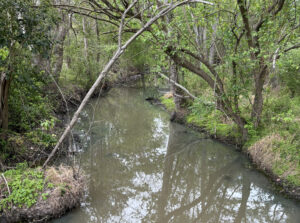News
NC dodged a record hurricane season, but it better get ready for more storms
Posted on December 8th, 2020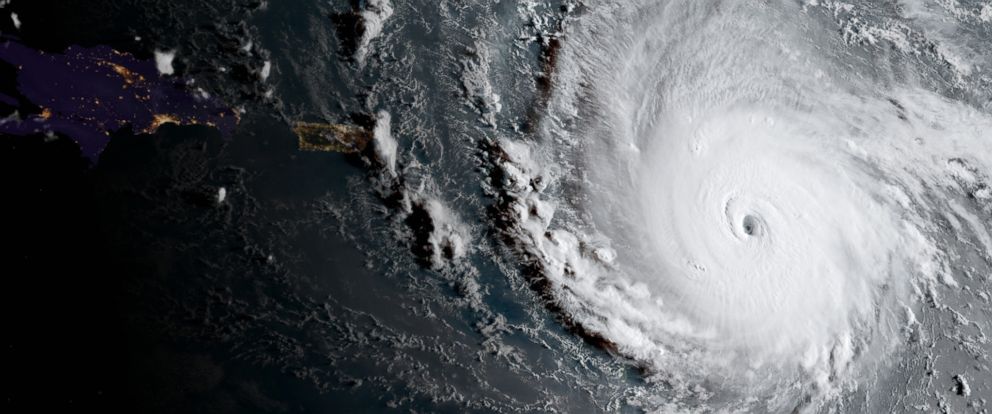
The following op-ed piece was written by Upper Neuse Riverkeeper Matthew Starr and was printed in the Raleigh News & Observer on Dec. 3, 2020.
The end of November also brought the end of a record-shattering Atlantic hurricane season, according to the National Oceanic and Atmospheric Administration.
There were a record 30 named storms, twice the typical number. Twelve storms hit the U.S., breaking a record of nine set in 1916.
North Carolina was spared from a storm as devastating as Hurricane Florence or Matthew (though 2020’s Hurricane Isaias, associated with at least nine deaths, was devastating enough). If this year’s record-setting storm activity is the writing on the wall, it’s telling us that it is only a matter of when – not if – we will see the next big storm disaster.
North Carolina is not as prepared as it should be. Gov. Roy Cooper established the North Carolina Office of Resilience and Recovery (NCORR) after Florence in 2019, and it has done a great job at building up the state’s disaster management and response capacity. But disaster response is only half the battle. The state needs a strategic, adequately funded approach to building up the storm resilience capacity of our communities.
Storm or climate resilience can take many forms, but the idea is to alter or preserve the landscapes and infrastructure of our communities and surrounding environment to ensure that when a storm hits, the impacts can be absorbed in a way that minimizes loss of life and economic devastation. The idea is similar to using science and technology to make buildings more resistant to earthquakes. But instead of focusing only on building designs, storm resilience solutions are applied to a whole community or region; and instead of earthquakes, we’re talking about impacts of climate change (e.g., severe winds and storm surge on the coasts, increased volume and frequency of flooding inland.)
The great news is that green infrastructure, nature-based solutions to these growing problems, have been researched and studied by some of the greatest minds in the field, and much of this work has been done right here in North Carolina. Researchers have found that restoring and protecting wetlands, implementing “living shorelines” over rigid seawalls, and other nature-based measures can save a lot of money down the line because they create infrastructure capable of absorbing and redirecting the energy and impacts of a storm event. Similarly, using new technology and research methods to identify which areas are most prone to flooding in our changing climate can help communities make better decisions about the true cost of development in vulnerable areas.
North Carolina needs to establish a statewide strategy for implementing these kinds of solutions and adequate resources to help connect vulnerable communities who want to pursue these projects with the financial support to make it happen.
As its name suggests, NCORR was tasked with resiliency planning as well as disaster response. Unfortunately, this side of things at NCORR remains dangerously underfunded – as is the NC Department of Environmental Quality (DEQ), which is also tasked with NC’s climate resilience mission. NCORR’s resilience office operates with a small number of staffers who have not been able to establish a statewide strategy for how it allocates funding for resilience projects. These need to become urgent priorities.
As lawmakers gear up for 2021’s long session in the North Carolina General Assembly, they would be prudent to consider this record-setting storm season as a dire and urgent recitation of the old adage, “an ounce of prevention is worth a pound of cure.”
Related News
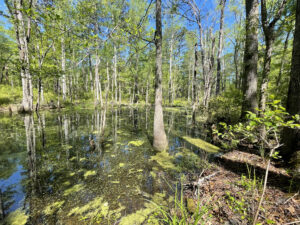
Tell NC to restore wetlands protections!
April 19th 2024
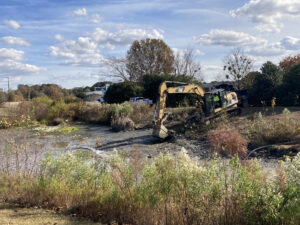
Position available: Stormwater Education Coordinator
April 18th 2024
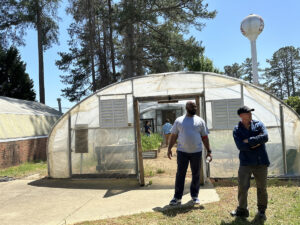
Southern Nash next in line for stormwater projects
April 18th 2024
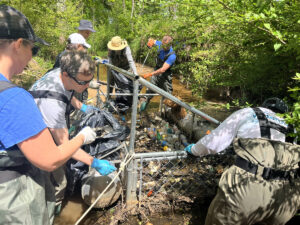
Xylem, Sound Rivers team up for cleanup
April 18th 2024
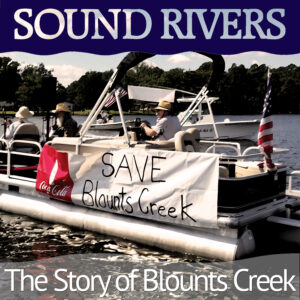
Sound Rivers launches new podcast
April 18th 2024
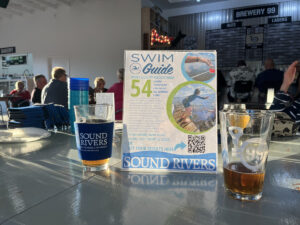
Swim Guide gearing up for a seventh season
April 11th 2024
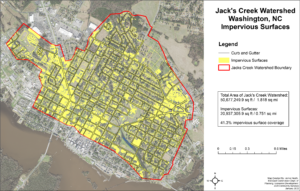
Feedback needed for Jack’s Creek plans, projects
April 11th 2024

Pamlico-Tar Riverkeeper talks water quality
April 11th 2024
